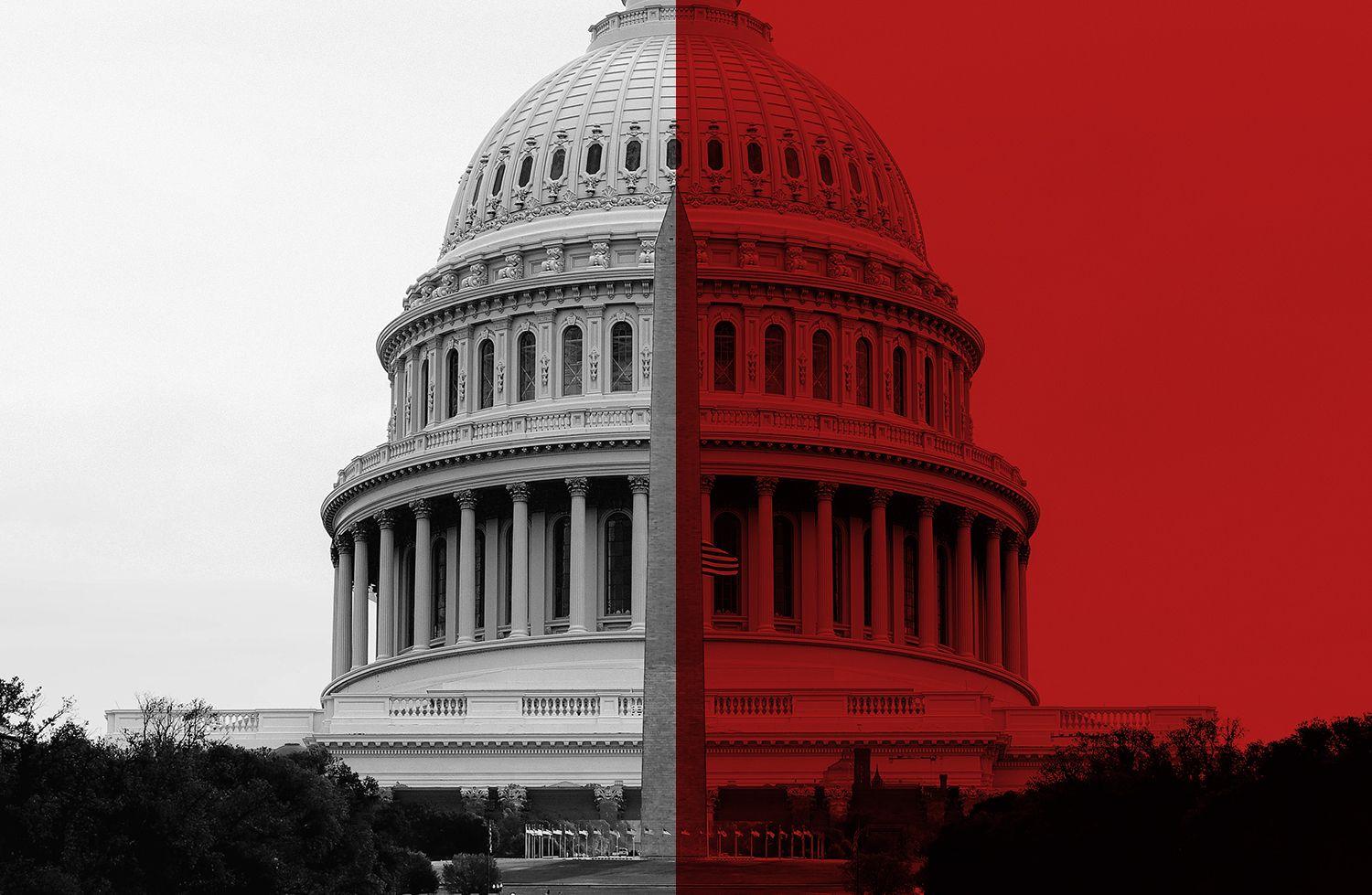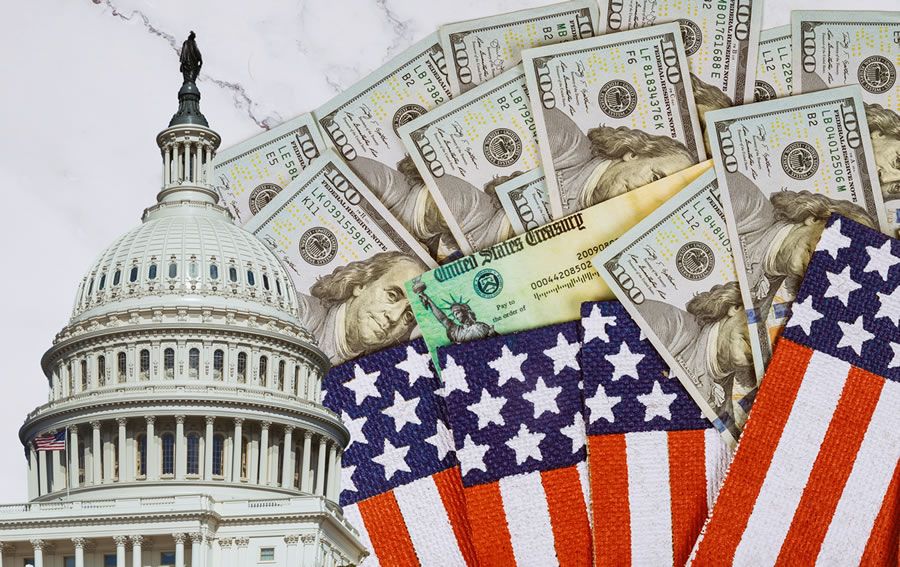
The 2022 U.S. midterm is now over. Democrats control the Senate, while the Republicans control the House. America now faces a divided government since the Republicans achieved a slim majority in the House of Representatives compared with what had been predicted by polls. With one chamber controlled by the opposition and the other by the party in power, both parties will need to compromise to pass legislation.
A split government normally means that less partisan legislation gets passed since both parties are forced to work together. However, some political scientists have argued that a divided government can also lead to gridlock which will cause stagnation and a reduced ability by the government to address important issues that the nation is facing. For Republicans, the result of the midterms is a sign that voters are looking for change in Congress after two years of Biden's presidency. With the Republicans in control of the House, Biden won’t be able to pass his agenda as easily.

A split government can be a positive for the markets. While the past can’t always predict the future, equity markets historically do well with a divided government in place. The S&P 500 returned ~13.6% on average in previous years when one party was in the White House and held the majority in the Senate while other controlled the House of Representatives.
A split government is favorable for the markets because both parties have to work together to pass legislation. Consequently, passing laws requires both parties to compromise on issues that would otherwise be divisive. This leads to less controversial laws that pass more easily as opposed to when one party has full control of the government and can push through laws that are unpopular with the opposition. Politicians are more likely in this case to compromise on legislation and cooperate to pass laws that are good for the economy.
Another reason why a divided government can be viewed as a positive for the economy is because investors tend to invest more in an economy that is politically stable. This creates an environment where businesses can plan for the future and make investment decisions without worrying about drastic changes in government policy or taxes.
The big question is: what will the markets do over the next two years? The midterm election results mean that President Biden will have to work with the Republicans in Congress to pass his economic agenda which will likely include trying to reduce record-high inflation. With Republicans in control of the House, the president won't be able to push through his economic agenda as easily as he did in the last two years.
Expect to see a gridlock on fiscal policy and legislative agenda. Even though the stock market tends to perform better when there is a split government, this doesn’t mean that the market won’t experience volatility over the next two years. Although it’s true that a divided government can lead to fewer partisan policies that cause instability in the market, there is still a chance that politics might influence the stock market negatively.
Sectors such as EVs (electric vehicles), energy, healthcare, technology, and others will be affected differently during the next two years due to changes in government policies. Although some of the industries will experience benefits from policy changes because of a divided government, others could be negatively impacted by the policies pursued by Congress. For example, since Republicans are in control of the House, there is a possibility that they could push for a bill to restore the approval of the Keystone XL pipeline and offer public lands for fossil fuel production to increase U.S. energy independence. While this could benefit companies in the American steel and Canadian energy industries, it could also hurt others like those in the renewable energy industry.
Even though a split government is more favorable to the economy and financial markets than when a single party has full control of the government, it is possible that this situation could still negatively impact certain sectors of the economy. It could also increase market volatility over the next two years if political parties are not able to find common ground on policies that affect different sectors of the economy. Investors should, therefore, consider holding a diversified portfolio across different sectors to minimize the risk of losses from policy shifts.
Disclaimer: The content and materials available on this site are not intended to serve as financial, investment, trading, or any other form of advice or recommendation from Trading Terminal.
 December 28, 2024
December 28, 2024 December 28, 2023
December 28, 2023 May 31, 2023
May 31, 2023 May 5, 2023
May 5, 2023